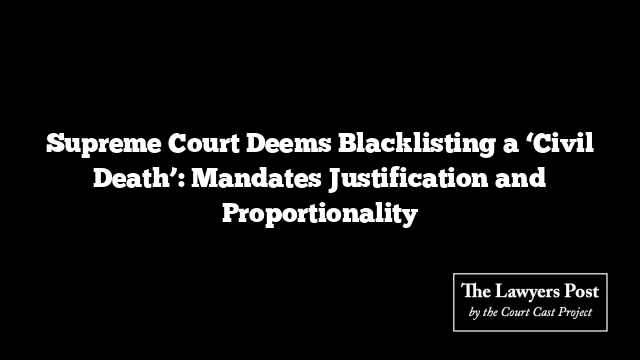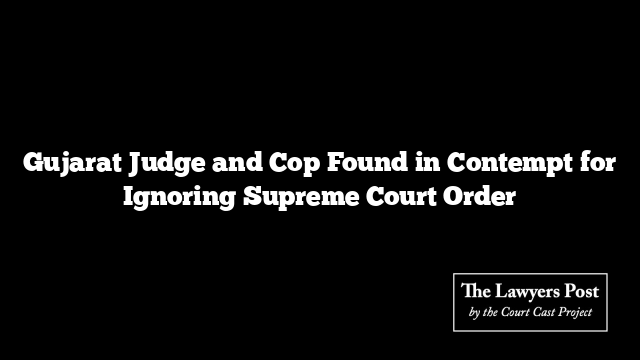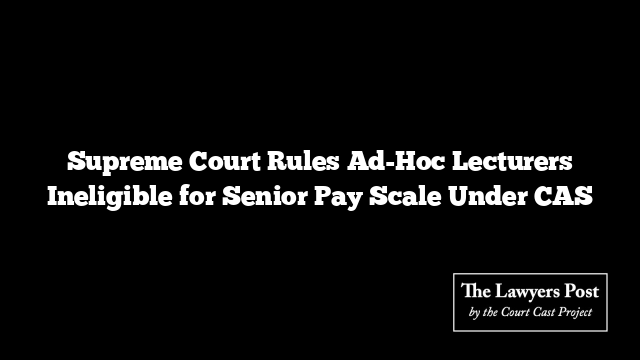In a significant ruling, the Supreme Court has invalidated a blacklisting order issued by the Kolkata Municipal Corporation, emphasizing that such actions must be both justified and proportionate. Describing blacklisting as a “drastic remedy,” the Court underlined that its application requires careful consideration.
A Bench consisting of Justices BR Gavai, Sanjay Karol, and KV Viswanathan remarked that the reasons cited for blacklisting were insufficiently grave to merit such a severe penalty. They criticized the Corporation’s approach as overly harsh, likening it to using a “sledgehammer to crack a nut.” The essence of the ruling centered on whether the blacklisting was justified and proportionate to the alleged conduct.
The case involved Blue Dreamz Advertising Pvt. Ltd., which faced a five-year debarment following a tender dispute. Although the Calcutta High Court initially annulled the debarment, a Division Bench later upheld it, finding no fault with the procedure or the reasons for the order. Blue Dreamz then challenged this decision.
The Supreme Court highlighted that if the breach in question was minor and the dispute bona fide, blacklisting was not warranted. The Court further clarified that debarment equates to “civil death,” severely impacting the entity’s commercial activities and its employees.
The ruling emphasized that debarment should be reserved for situations where there is a clear and significant threat to public interest. It should not be used in cases that involve ordinary commercial disputes or minor breaches.
The Court noted that the Division Bench had failed to assess whether the appellant’s actions were simply part of the usual business risks or whether they justified a temporary ban in the public interest.
In sum, the Supreme Court’s decision reinforces that blacklisting must be a last resort, employed only when absolutely necessary to protect public interest and prevent repeated misconduct.





